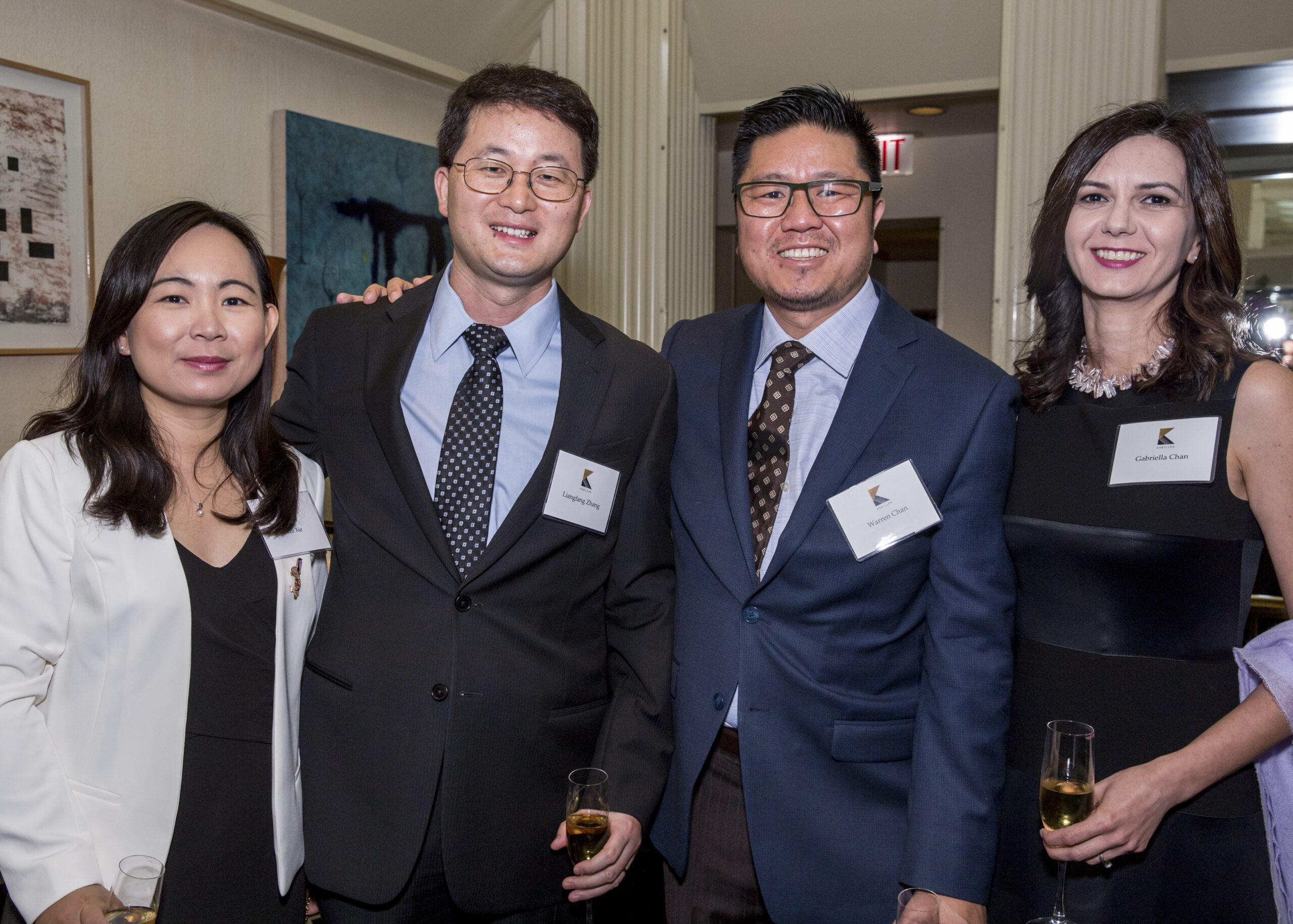Liangfang Zhang received his BE and MS degrees from Tsinghua University, China, and his PhD in Chemical Engineering from the University of Illinois at Urbana-Champaign in 2006 under the supervision of Prof. Steve Granick.
Zhang was a postdoctoral associate in the laboratory of Professor Robert Langer at MIT during 2006-2008. He joined the Department of Nanoengineering and Moores Cancer Center at the University of California, San Diego as an Assistant Professor in July 2008 and moved up through the ranks to become a full Professor in 2014.
Zhang has published 150 peer-reviewed articles and holds over 50 issued/pending patents. He has received many awards including the ACS Victor K. LaMer Award, ACS Unilever Award, MIT Technology Review’s TR35 Innovator Award, and the AIChE Allan P. Colburn Award. In 2016, Popular Science named him one of the ten most innovative young minds in science and engineering. This year, he was selected as the U.S. nominee for the APEC Science Prize for Innovation, Research and Education (ASPIRE).
His technology takes synthetic nanoparticles and encloses them in natural cell membranes. Nanoparticles enclosed in red blood cell membranes, for example, are able to evade the body’s immune system. By infusing these nanoparticles with life-saving drugs, and cloaking them with red blood cell membranes, we are able to evade the body’s immune system and deliver prolonged doses of therapeutic drugs. Zhang was also able to demonstrate that these red-blood-cell cloaked nanoparticles can also be used to absorb and neutralize all types of toxins in the bloodstream.
By expanding this technology from using red blood cells to using white blood cells, immune cells, neuron cells, or cancer cells, Zhang’s technology creates a series of biomimetic nanoparticles that have the same surface makeup as the source cells and have unique functions.
 Liangfang Zhang was recognized with the 2017 Kabiller Young Investigator Award for his creation of a unique biology-mimicking nanotechnology that holds great promise in the field of medicine.
Liangfang Zhang was recognized with the 2017 Kabiller Young Investigator Award for his creation of a unique biology-mimicking nanotechnology that holds great promise in the field of medicine.
